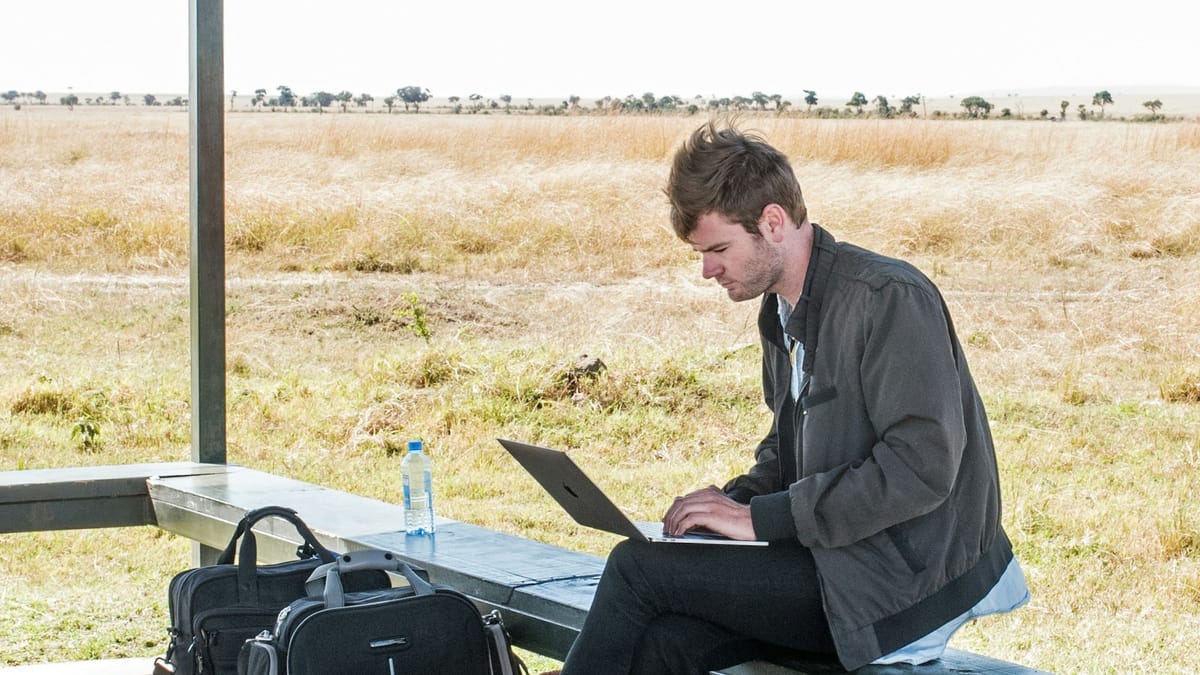Kenya plans to significantly hike fees for satellite ISPs like Starlink
The ten-fold hike in licensing fees could impact competition, internet affordability, and rural connectivity across the country.
Kenya’s push to regulate satellite internet service providers (ISPs) is entering a new phase — one that could reshape the country’s fast-growing market for high-speed internet access. The Communications Authority of Kenya (CA) has proposed a tenfold increase in licensing fees for satellite ISPs like Starlink, from $12,302 to $115,331 for a 15-year license, along with an annual levy of 0.4% on gross turnover.
The proposed hike comes as demand for reliable internet access in Kenya continues to soar, especially in rural areas where traditional providers like Safaricom struggle to maintain coverage.
Since Starlink’s entry into the Kenyan market in June 2023, the company has seen explosive growth, with its subscriber base growing by 1,955.3% to over 8,500 users in just 18 months. This growth has rattled local players, particularly Safaricom, which holds 65% of the fixed internet market and has been pushing back against satellite ISPs.

In response to Starlink’s rising popularity, Safaricom has doubled its internet speeds and introduced cheaper packages, but its concerns remain. The company previously urged the CA to block satellite ISPs that don’t partner with local firms, arguing that they pose security risks and operate with limited government oversight. The proposed fee hike seems to address some of these concerns while also aiming to level the playing field between traditional and satellite providers.
However, the regulatory changes could have unintended consequences. Smaller satellite ISPs, such as Viasat and NTvsat, which serve fewer than 1,000 users combined, may struggle to absorb the higher costs. This could leave underserved areas — the very regions that satellite providers aim to connect — with fewer options for high-speed internet.
Interestingly, the CA’s proposal isn’t all about tightening restrictions. The new guidelines would allow satellite ISPs to establish ground stations, lay terrestrial cables, and even participate in space research. For companies like Starlink, which has faced regulatory hurdles in setting up infrastructure, this could open new opportunities to improve service quality and expand local presence.
Overall, the CA’s proposal reflects the growing tension between fostering innovation and maintaining regulatory control in Kenya’s fast-evolving internet space. But for Kenyan Starlink users, the bigger question is whether this fee hike will lead to higher subscription costs — as seen in Nigeria, where the company recently doubled its prices. The CA’s final decision could ultimately shape how affordable and accessible satellite internet remains in the region.









